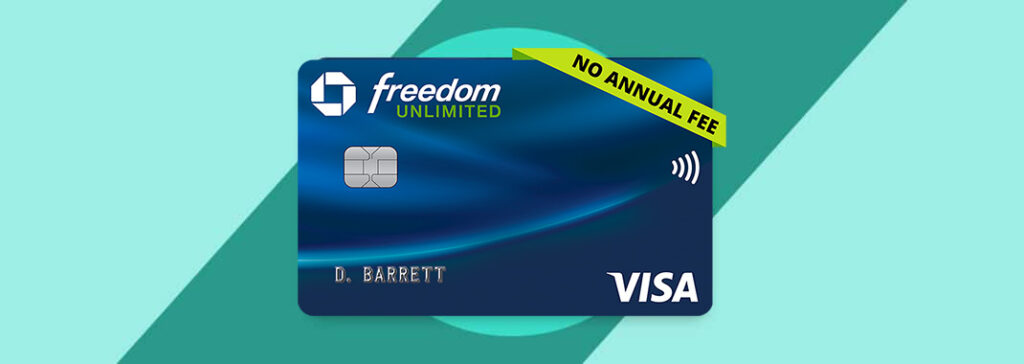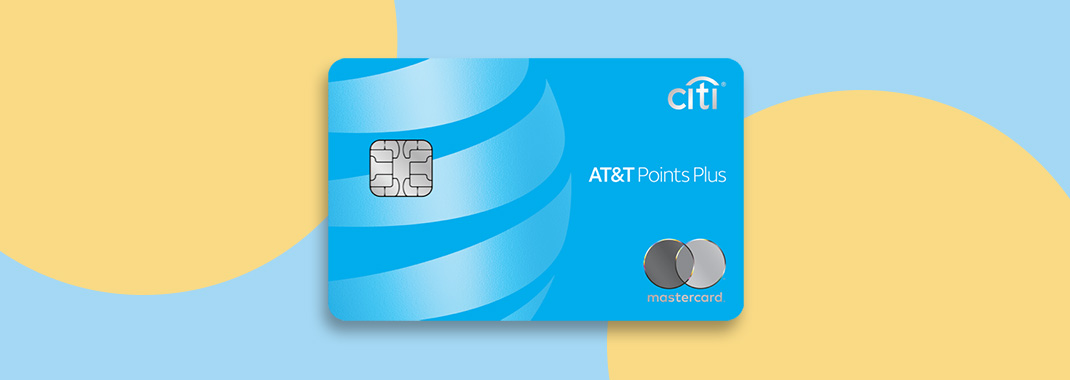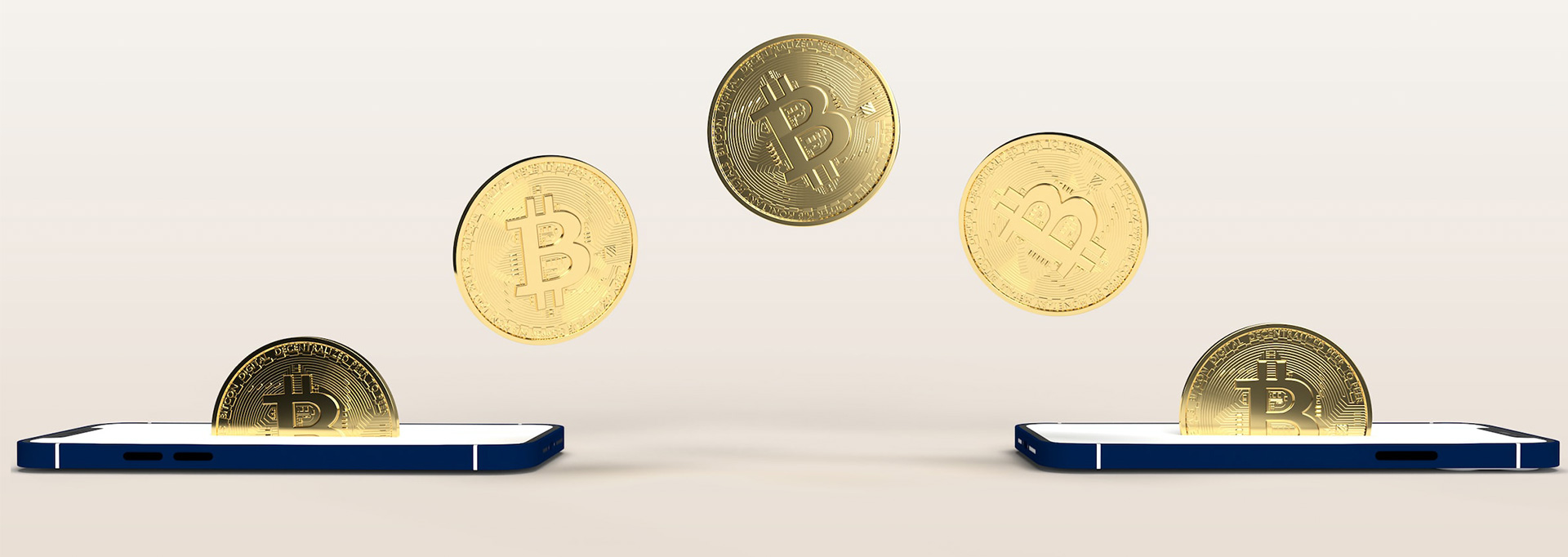Most products on this page are from partners who may compensate us. This may influence which products we write about and where and how they appear on the page. However, opinions expressed here are the author's alone, not those of any bank, credit card issuer, airline or hotel chain.
Sticking to your travel budget isn't always easy. Using a prepaid travel card is one way to help keep your money safe, and can make sense for those who want to avoid overspending while on vacation.
Prepaid travel cards are an alternative payment option to consider, especially when traveling outside of the U.S. They work like other prepaid debit cards but often come with valuable extra benefits that are perfect when traveling abroad, like loading other currencies onto them.
Keep reading to learn more about prepaid travel cards, how they work and whether they are right for you.
What Are Prepaid Travel Cards and How Do They Work?
Prepaid travel cards are prepaid debit cards that make spending easier when traveling outside of the U.S. Sometimes referred to as international prepaid cards, these cards allow you to load funds using specific currencies before you travel, making them a good tool if you're trying to stick to a specific trip budget. Cardholders can even reload additional funds as needed.
Several payment networks like Mastercard and Visa offer prepaid travel cards. These cards are accepted almost anywhere worldwide and allow you to lock in exchange rates before traveling internationally. They also provide an extra level of security with zero liability protection from unauthorized purchases if your card is lost or stolen.
Types of Prepaid Travel Cards
Most prepaid travel cards fall into two categories.
1. Multicurrency Prepaid Travel Cards
Multicurrency prepaid travel cards allow you to lock in a specific exchange rate in several currencies before you travel. You avoid paying current exchange rates at an international ATM or merchant by loading funds ahead of time.
These cards can be used wherever they are accepted. Since many of these cards are tied to payment networks like Visa or Mastercard, consumers have few limits when using prepaid travel cards.
Not all multicurrency prepaid travel cards offer the same currency options. Some cards only offer a handful of the more popular currencies — the Australian dollar, British pound, Canadian dollar, the euro, Japanese yen and Mexican peso. Other cards offer over 50 different currencies.
2. General Travel Prepaid Cards
General travel prepaid cards work like other prepaid debit cards where you can preload funds into the card, but with a few extra features handy for travelers.
Some features of general travel prepaid cards can include:
- International ATM Use
- Modern Features Like Chip and PIN Capability
- Emergency Cash Assistance
- Quick Card Replacement
How Are Prepaid Travel Cards Different from Credit Cards?
Many consumers are familiar with travel rewards credit cards that can be used to rack up points for travel expenses, but not many know about prepaid travel cards. Prepaid travel cards are different from regular credit cards in a variety of ways, but they work similarly to secured credit cards with self-loaded funds acting as your credit line. Money is deducted from the prepaid card balance with every transaction until the funds are exhausted. However, consumers can add more funds to their prepaid cards using an outside funding source.
Here are the major differences between prepaid travel cards and credit cards.
- Prepaid cards are preloaded with your own money. You can control your spending with a prepaid travel card based on how much money you load onto the card.
- Prepaid cards don't charge interest. That's because you can only use funds loaded onto the card, not borrow from a credit line like a credit card. You could end up paying foreign exchange fees with a prepaid travel card or a credit card, although many of the top travel rewards credit cards don't charge this fee.
- Prepaid travel cards don't have any bearing on your credit score or history. They can't help boost your credit or hurt it because they're not reported to the credit bureaus since you use your own money to fund the card.
Pros & Cons of Using a Prepaid Travel Card

Just like any payment option, there are benefits and drawbacks to using prepaid travel cards. Here are some of the pros and cons to consider before getting a prepaid travel card.
Pros of Prepaid Travel Credit Card
- Helps you stay within your travel budget.
- Lock in the currency exchange rate in advance.
- Safer than a debit card or carrying cash.
- Load multiple currencies onto one card.
- Chip and PIN technology.
- Use at ATMs and shopping online.
Cons of Prepaid Travel Credit Card
- Foreign transaction fees and ATM fees, among other fees.
- Doesn't help you build credit.
- No overdraft option.
- May not be able to use at hotels that only take credit cards.
- Few (if any) travel protections.
- No travel rewards.
Are There Fees With Prepaid Travel Cards?
While there are several benefits to using prepaid travel cards, there is one negative attached to most cards — extra fees. You could face several fees if you choose to use a prepaid travel card, including:
- Foreign transaction fees: Many cards charge a fee when you use a prepaid card while traveling abroad. You could see charges of up to 4% or higher on some prepaid cards.
- Monthly fees: You could also pay a monthly fee for using a prepaid card. Some cards have fee structures that include a monthly fee, while others opt to charge cardholders per transaction instead. Some cards charge fees upwards of $9.95 per month. Some cards waive the monthly fee by meeting balance or deposit requirements.
- ATM fees: Using a prepaid card at an ATM typically involves paying a fee, whether used at a domestic or international ATM.
Other common prepaid card fees include:
- Initial load fee
- Inactivity fee
- Transaction fee
- Cash reload fee
- Balance inquiry fee
- Replacement card fee
Fees attached to your card may depend on the specific card, payment network or how you use the card.
Is My Money Safe On A Travel Card?
One big benefit of prepaid travel cards is the security they provide, such as:
- Funds are not linked to your bank: Unlike a debit card, a prepaid card isn't attached to your bank account. If your card is lost or stolen, you're less likely at risk of someone emptying your checking account. Your exposure is limited only to the funds on the card itself.
- Chip and PIN authentication: Many prepaid cards also feature chip and PIN technology, giving you another safeguard if your card is stolen. You can contact your card provider to freeze the card account if necessary.
- Zero-liability fraud protection: Several popular travel prepaid cards come with zero-liability fraud protection. Regardless of the card, prepaid cards must carry the same level of fraud protection as debit cards.
Can I Get A Prepaid Travel Card If I Have Bad Credit?
Because prepaid cards are secured with cash, there’s typically no credit check involved. That's what makes prepaid cards an attractive good option for individuals with bad credit who may have a hard time qualifying for a travel credit card. If you have cash, generally, you can get a prepaid card.
Unfortunately, prepaid travel cards don't help you build credit either. There are no monthly payments to report to credit bureaus. Prepaid cards also don't impact your credit utilization ratio, credit mix or length of credit history, all factors that could improve your credit. A prepaid card could be a good option short term when traveling but shouldn't be a substitute for other payment options that can help improve your credit.
Are Prepaid Travel Cards Worth It?
A prepaid travel card could be worth it for individuals who are seeking a safe payment option when traveling internationally and want to keep their spending abroad in check. It can also help to lock in a lower exchange rate instead of leaving it to chance with fluctuating rates.
But prepaid cards have their limitations too. They usually do not come with travel rewards or allow the cardholder to build credit by using the card. Don't forget that most prepaid cards also charge foreign transaction fees and other fees like monthly fees or inactivity fees.
Shop around if you're thinking about getting a prepaid card for your next international trip. Compare card fees, features and benefits to find one that fits your needs and is accepted in places you travel. Another option is to use multiple payment options when you travel. Using a prepaid card in combination with a credit card and debit card allows you to use each card in situations where it's advantageous. This also protects you if you run into any issues with your prepaid card.


